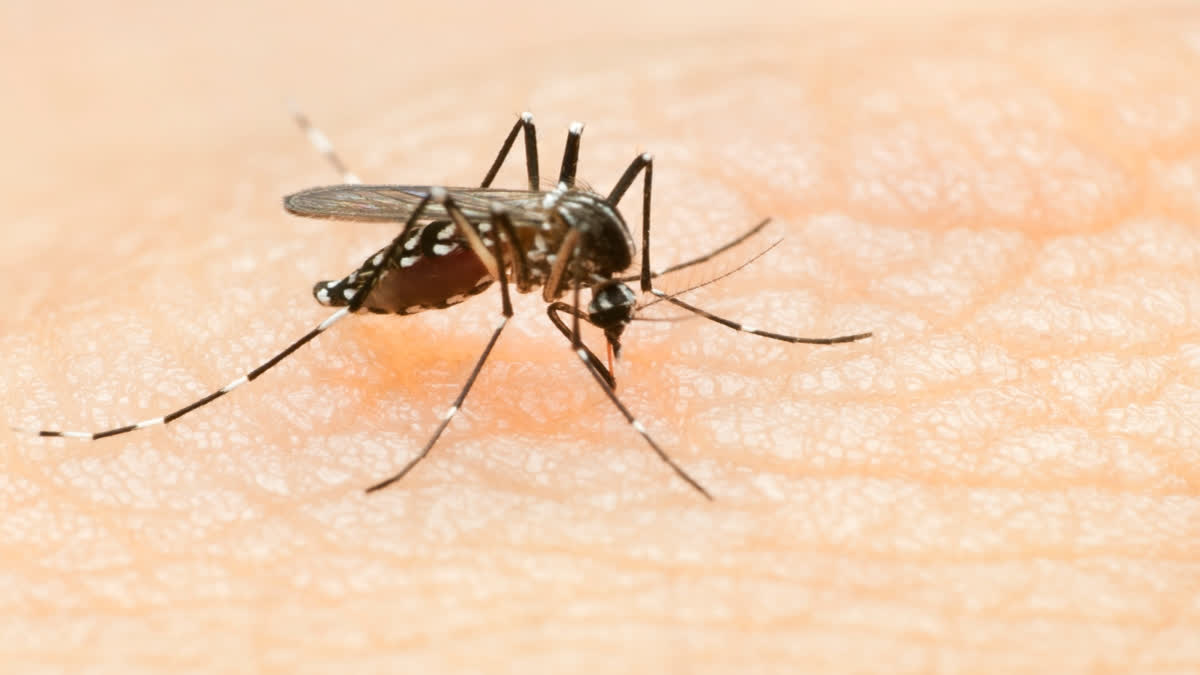History: The Ministry of Health and Family Welfare of India has been observing National Dengue Day every year since it was founded in 2010. This day serves as a forum for the discussion of public health policies and programmes designed to stop the dengue virus from spreading. At the local, regional, and national levels, a range of events and activities are planned to increase awareness of the illness.
What is Dengue? Mosquitoes typically bite people who are infected with the virus, which they then spread to other people. Dengue can cause high fever, headache, rash, and soreness in the muscles and joints, among other symptoms. Severe cases may result in significant bleeding and shock; dengue can be fatal at this point.
On the other hand, dengue can be avoided if appropriate care is provided with when needed. Dengue is primarily contagious in tropical and subtropical areas. Dengue cases in India usually increase both before and after the monsoon season.
Four specific viruses cause dengue, which is mostly transmitted by female Aedes mosquitoes that also carry the chikungunya, zika, and yellow fever viruses.
Due to medical developments and the development of antiviral medications, dengue is no longer a devastating and deadly disease. The therapy is now possible, thanks to medications, with the rate of dengue cure being far more successful. Even though it is no longer a fatal illness, a large portion of the world's population is still sensitive to it because it is still prevalent in many nations.
National Dengue Day Theme 2024: The National Dengue Day Theme for 2024 is “ Dengue Prevention: Our Responsibility for a Safer Tomorrow”.
Symptoms: Common symptoms include rashes, nausea, enlarged glands, vomiting, joint and muscular pain. If side effects occur, they may last between four and seven days, and most people recover in that time frame, with the exception of certain situations where symptoms worsen and become more risky.
The virus that causes dengue is caused by the DENV virus kinds, 1–4 serotypes DEN-1, DEN-2, DEN-3, and DEN-4. Through its bite, the female Aedes aegypti mosquito, which can carry any one of the four viruses, can spread the illness to humans. After being bitten during the day, the infected person shows symptoms three to 14 days following the bite.
Dengue Treatment: Although there isn't a specific medication for dengue fever, acetaminophen or paracetamol can be used to manage its symptoms. Oral fluids are administered for moderate instances of dengue fever, whereas intravenous (IV) fluid and electrolytes are given in hospital settings for more severe cases. In severe cases, transfusions are performed to replace lost blood. A vaccination is also available for people who have had at least one occurrence of dengue fever and are between the ages of 9 and 45.
Prevention and control: Dengue-transmitting mosquitoes are most active during the day. Reduce your chance of contracting dengue by shielding yourself from mosquito bites with: clothing that covers as much of your body as possible; window screens; insect repellents (including DEET, Picaridin, or IR3535); coils and vaporisers; mosquito nets (if you sleep during the day, ideally nets sprayed with insect repellent).
In case you are infected with dengue, it's crucial to: Rest, drink plenty of liquids, treat discomfort with acetaminophen (paracetamol), stay away from non-steroidal anti-inflammatory medications like aspirin and ibuprofen; and keep an eye out for any serious symptoms, calling your doctor as soon as you detect any.



